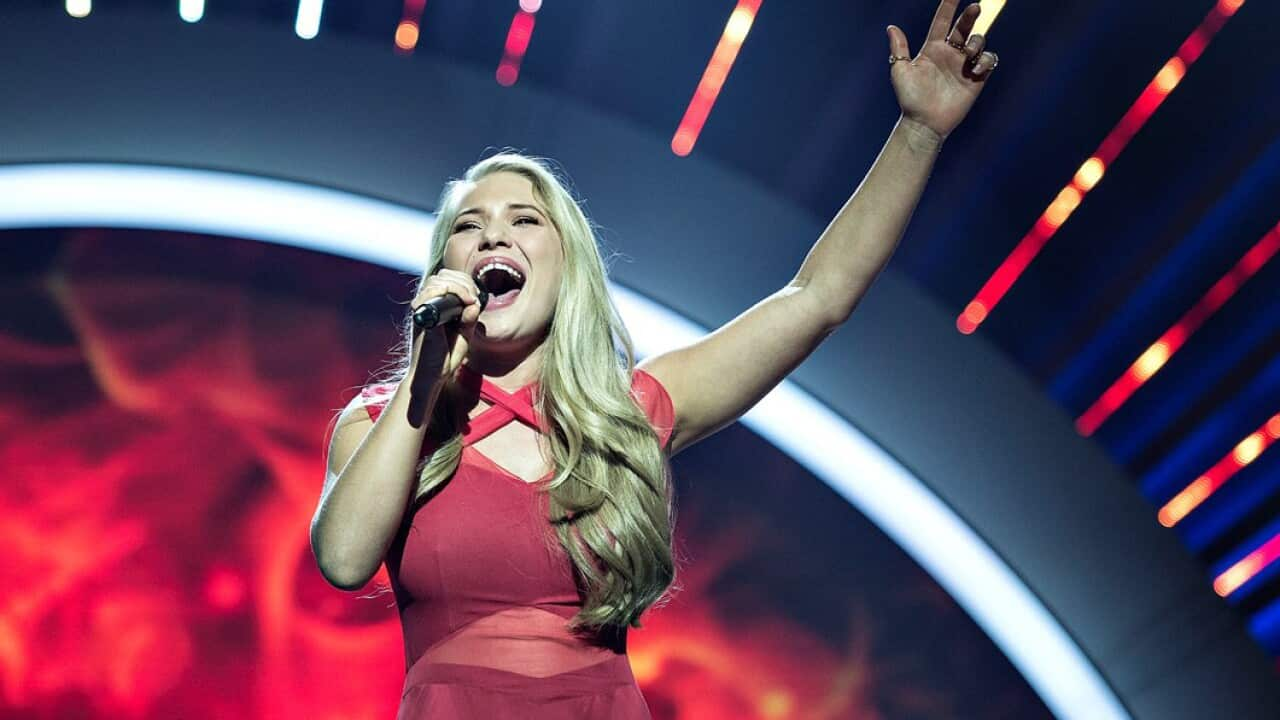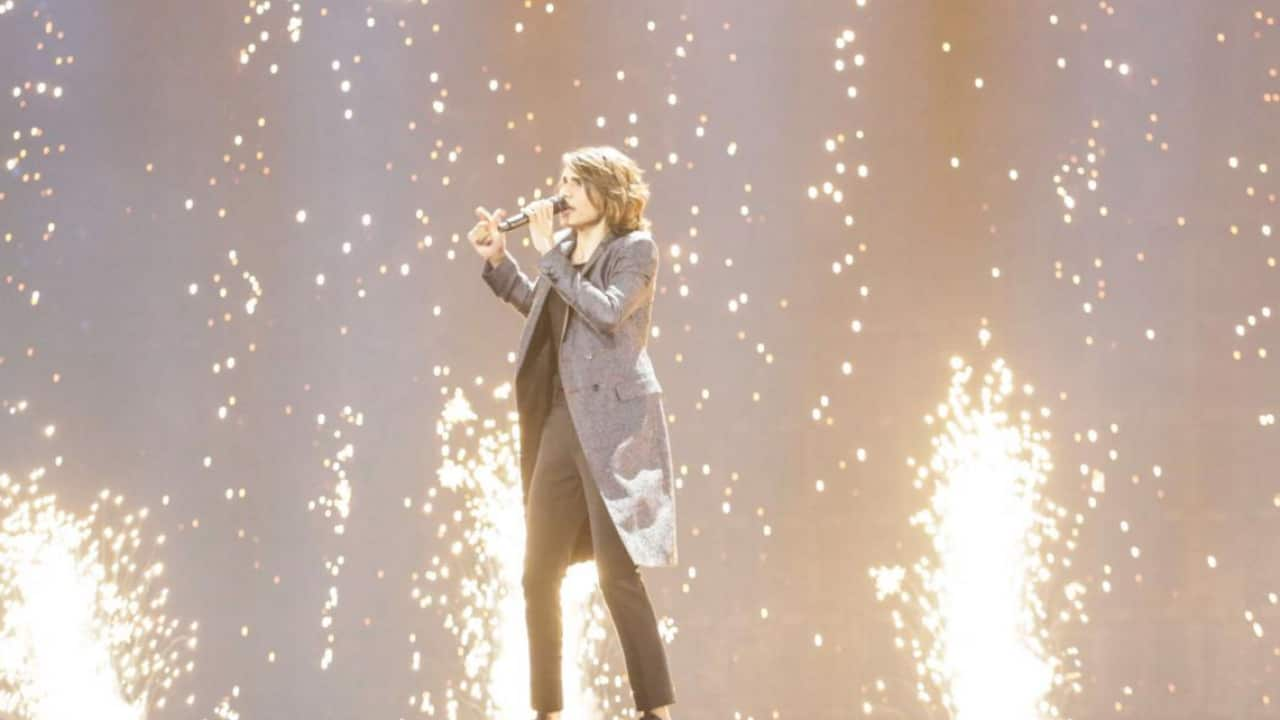Who are the 'Big Five' and why do they automatically qualify?
France, Germany, Spain and the United Kingdom have been automatic qualifiers for the final since 2000 due to their financial contribution to the European Broadcast Union, regardless of how they fared in previous contests - becoming known as "The Big Four".
Italy's return to the competition after a fourteen year absence, announced on December 31 2010, saw the nation automatically qualify for the final - joining the original foursome to create the "Big Five".
The nature of the automatic qualification has been controversial, with Turkey pulling out of the competition between 2013 and 2017, citing the "Big Five" as one of the reasons for their non-participation.
Why split the artists into two semi-finals?
The final 36 contestants are split into two groups of 18, with the best ten acts from each going through to the grand-final to bring the total number of participants in the grand final to 26.
The reasoning behind the semi-final split as opposed to having a single preliminary round was so that each act was given the best chance possible to stand out from the other, while creating the most exciting television program possible. The thinking is that if all 36 semi-finalists performed in one concert, it's harder to remember all of the earlier acts when the time comes to vote at the end. 18 is just more manageable.
"My goal is to give every song maximum space so it’s surrounded by other songs that make it stand out and shine for three minutes. This also reduces the anxiety surrounding where a country is placed in the running order. Wherever the artist is singing they have a chance to be noticed." Christer Björkman, Contest Producer for the 2016 Eurovision Song Contest said when explaining the reasons behind the decision.
How do they determine which countries go into which specific semi-final?
With an over-the-top lottery draw, of course:
What happens in the grand-final?
In the decider, juries and viewers from all participating countries are able to vote after the 26 finalists have performed, with both the jury and viewer's votes revealed live on air from lowest to highest until the winner is revealed.
The victor will perform the winning song once more, while the winning country is typically given hosting rights for next year's Eurovision contest. Whether they want it or not.
The Eurovision Song Contest will be broadcast over SBS’s Eurovision weekend - Friday 12 May, Saturday 13 May, and Grand Final Sunday 14 May at 7.30pm on SBS with LIVE early morning broadcasts begin Wednesday 10 May at 5am on SBS.
More on SBS Eurovision:

Australian Anja Nissen has made it through to the Eurovision Grand Final






